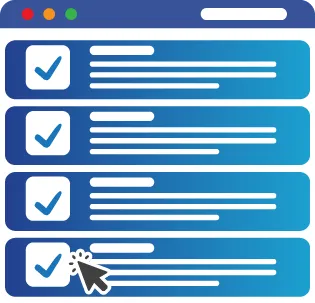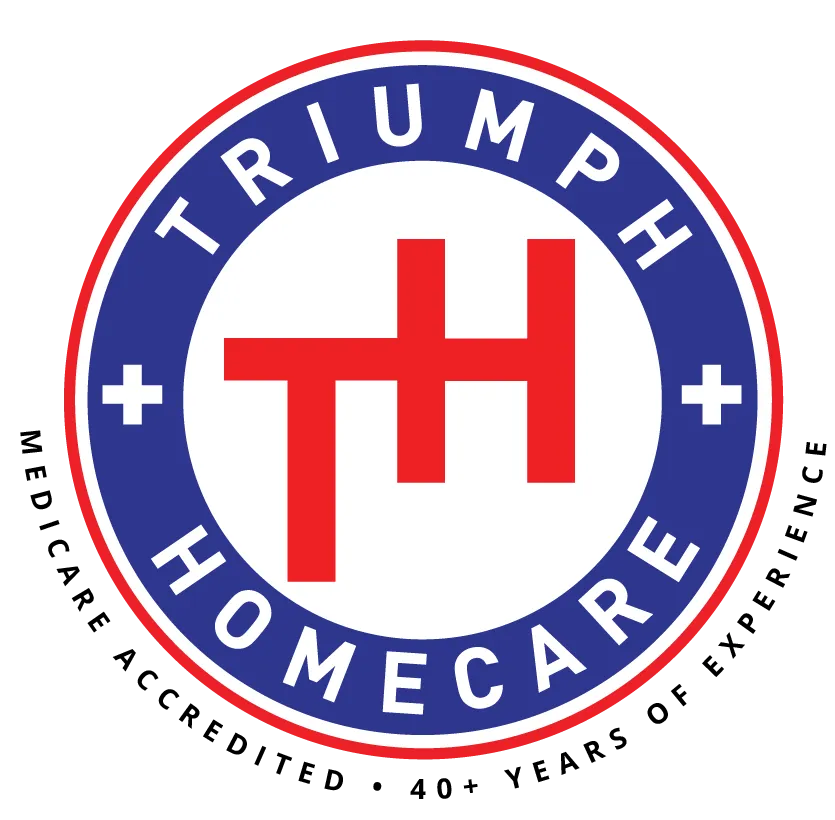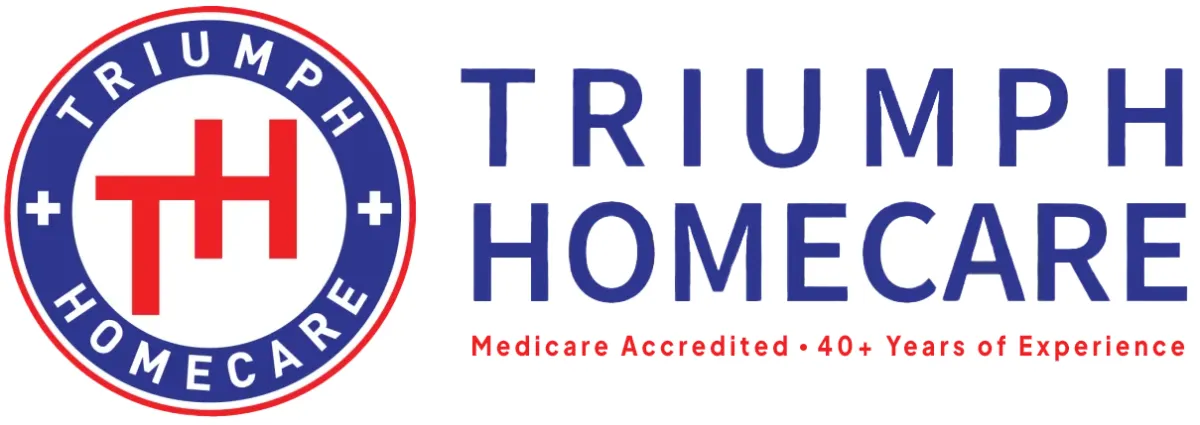Call us today for a BRAND NEW oxygen concentrator for just $1,295!
What is sleep apnea?
Sleep apnea is a serious sleep disorder that causes you to stop breathing during sleep. It’s important to understand the signs and symptoms and consult your doctor if you think you might have it. Treating sleep apnea with CPAP therapy can help you get the rest you need and take back control of your life.

What causes sleep apnea?
There are three main types of sleep apnea, but the most common is
obstructive sleep apnea (OSA). When we sleep, the throat relaxes. For
people with OSA, sometimes they relax so much that the airway
becomes narrowed or blocked. As a result, air flow is reduced or
completely stops flowing into the upper airway and the lungs, so
the body doesn’t get the oxygen it needs to function.
There are three main types of sleep apnea, but the most common is obstructive sleep apnea (OSA). When we sleep, the throat relaxes. For people with OSA, sometimes they relax so much that the airway
becomes narrowed or blocked. As a result, air flow is reduced or completely stops flowing into the upper airway and the lungs, so the body doesn’t get the oxygen it needs to function.
Did you know?
Sleep apnea
impacts more than
936 million people
worldwide — nearly
10 times greater
than previous
estimates.1
What happens when you have sleep apnea?

Air stops flowing
An apnea event is when air stops
flowing to your lungs for ten seconds or
longer, meaning you stop breathing.

Brain sends a signal
Your brain sends a signal to your body
to wake up and take a breath. You take
a breath and fall back to sleep.

Cycle repeats
These apnea events can occur
hundreds of times a night and many
people with sleep apnea don’t know it's
happening.
Benefits of sleep apnea treatment and CPAP therapy
Effective sleep apnea therapy, which includes the use of CPAP
equipment, has been shown to help ease common symptoms and
improve energy levels, productivity and overall mind-body wellness. It's
important to remember that if left untreated, sleep apnea can lead to
other serious health issues.
Video stories from people who have sleep apnea
Common questions about sleep apnea answered
What type of sleep apnea do I have?
REM stands for rapid eye movement and NREM stands for non-rapid eye movement. NREM sleep comes first, followed by REM sleep. Then the cycle starts again.
The first three of the four phases are part of your NREM sleep. They can last between 5 and 15 minutes.
Non-REM sleep
Stage 1: This is when your eyes are closed but it’s still easy to wake you up.
Stage 2: This is when you’re in a light sleep. As you prepare for deep sleep, your heart rate slows down and your body temperature drops.
Stage 3: This is considered the deep sleep stage. It’s harder to wake you up at this point, and if someone does, you’re more disoriented.
REM sleep
Stage 4: REM sleep typically occurs 90 minutes into your sleep and is the stage of sleep when you dream. Your brain is more active and your heart rate and breathing quicken. Adults can spend about 20% of their sleep in the REM stage while babies can spend about 50% of their sleep in this stage.
How do I know if I have sleep apnea?
Both REM (rapid eye movement) and NREM (non-rapid eye movement) serve as important phases in sleep and for different functions in your body.
REM sleep, which is when dreaming occurs, helps our mind process emotions and memories. It is vital for stimulating the brain for learning.
NREM makes up 75-80% of total sleep each night. Many of the health benefits of sleep take place during NREM like tissue growth and repair. Also, energy is restored and hormones important for growth and development are released.
What would put me at risk of having sleep apnea?
When you don’t get the sleep you need, you might find yourself:
Feeling drowsy, irritable and sometimes depressed
Struggling to concentrate and make decisions at work
Craving more unhealthy foods, which could cause weight gain
Is sleep apnea serious?
If you’ve been practicing good sleep habits and think you’re sleeping well but still feel extra tired in the morning, then you may have a sleep disorder like sleep apnea. Any problems with your sleep should be discussed with your doctor who may recommend you take a sleep test.
ResMed also offers a free sleep assessment to help determine if you’re at low or high risk of sleep apnea.
I’m fit and athletic. Can I have sleep apnea?
If you’ve been practicing good sleep habits and think you’re sleeping well but still feel extra tired in the morning, then you may have a sleep disorder like sleep apnea. Any problems with your sleep should be discussed with your doctor who may recommend you take a sleep test.
ResMed also offers a free sleep assessment to help determine if you’re at low or high risk of sleep apnea.
I’m tired all the time. Should I be worried?
If you’ve been practicing good sleep habits and think you’re sleeping well but still feel extra tired in the morning, then you may have a sleep disorder like sleep apnea. Any problems with your sleep should be discussed with your doctor who may recommend you take a sleep test.
ResMed also offers a free sleep assessment to help determine if you’re at low or high risk of sleep apnea.

Online sleep quiz
Sleep apnea affects 1 in 3 people.
Find out how well you sleep in less than 3 minutes with our free sleep quiz.
Keep exploring
Sleep apnea treatment
overview
Learn more about the sleep apnea
treatment experience and what you
can expect after diagnosis.
How well do I sleep?
Take our free online sleep quiz and
learn about your sleep habits.
eBook: How to start CPAP
therapy
This free eBook contains a
comprehensive guide to sleep
apnea, CPAP therapy tips and much
more.
References

Source: Benjafield AV et al. Estimation of the global prevalence and burden of obstructive sleep apnoea: A literature-based analysis. Vol 7:8; 687-98. Lancet Respir Med 2019

Triumph Homecare
At Triumph Homecare, we are proud to stand as the nation’s top provider of high-quality oxygen solutions. With over four decades of experience, we specialize in delivering reliable and innovative oxygen products tailored to meet the diverse needs of our customers. From state-of-the-art portable oxygen concentrators to robust medical-grade oxygen systems, our commitment to excellence ensures that every client receives optimal support for their health and well-being. Our team of experts is dedicated to advancing oxygen technology and service standards, ensuring that
Triumph Homecare remains at the forefront of the industry. Trust us to enhance your quality of life with the best oxygen solutions available in the USA.
Links
